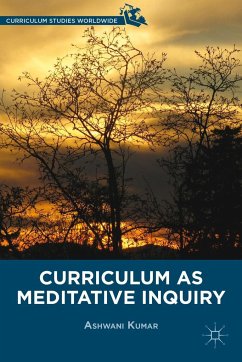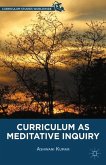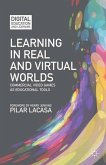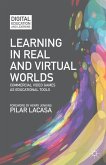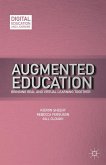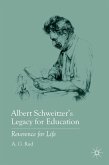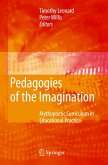2013 Outstanding Academic Title by Choice Review
Kumar asks in this volume: Since characteristic features of human consciousness - fear, conditioning, and fragmentation - work against the educational experience, how can we re-imagine curriculum as a space for meditative inquiry and allow it to provide transformative educational experiences to teachers and their students?
Kumar asks in this volume: Since characteristic features of human consciousness - fear, conditioning, and fragmentation - work against the educational experience, how can we re-imagine curriculum as a space for meditative inquiry and allow it to provide transformative educational experiences to teachers and their students?
To come
"This book should be on the mandatory reading list of every teachertraining programme, every education psychology degree course, and for all secondary-school sociology classes. ... I would recommend this book to all who are serious about the learning process and are concerned with why most education institutions generally are failing to bring out integrated, sane, healthy student graduates capable of leading meaningful lives and caring for and loving others and the Earth." (Mark Lee, Journal of the Krishnamurti Schools, Issue 20, January, 2016)
"A challenging book in at least three admirable ways . . . At the heart of the works of both Krishnamurti and Macdonald, Kumar sees a way of thinking that is different to the thinking that characterizes much of contemporary educational discourse." - Teachers College Record
"This book explores the roles of consciousness, education and meditative inquiry in creating a new type of learning environment where the individual's consciousness is privileged over the structure of institutions." - Education Review
"In this exceptionally well-written and courageous book, Kumar makes the case for moving beyond the dominant yet simplistic view of curriculum as information transmission . . . It is hard to imagine a more lucid treatment." - Choice
"A challenging book in at least three admirable ways . . . At the heart of the works of both Krishnamurti and Macdonald, Kumar sees a way of thinking that is different to the thinking that characterizes much of contemporary educational discourse." - Teachers College Record
"This book explores the roles of consciousness, education and meditative inquiry in creating a new type of learning environment where the individual's consciousness is privileged over the structure of institutions." - Education Review
"In this exceptionally well-written and courageous book, Kumar makes the case for moving beyond the dominant yet simplistic view of curriculum as information transmission . . . It is hard to imagine a more lucid treatment." - Choice

